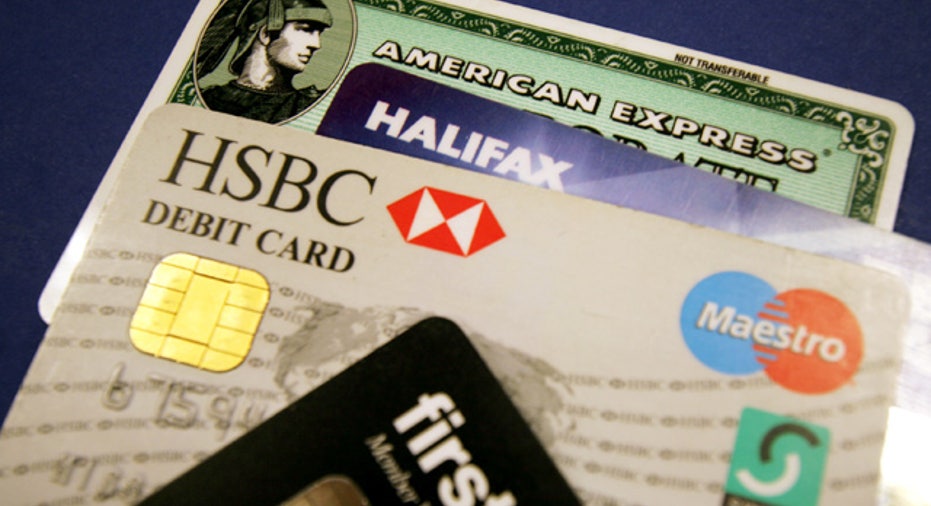First Premier Sues Fed, Watchdog Agency Over New Credit Card Rules

First Premier -- a bank that issues cards targeting subprime consumers who have below-average and thin credit -- and Premier Bank card -- the company that markets those cards -- are suing the Federal Reserve and the new Consumer Financial Protection Bureau over new credit card rules slated to take effect in October.
The lawsuit was filed July 20 in the U.S. District Court in Sioux Falls, S.D., the city where First Premier is headquartered. According to the filing, the rules threaten to "shut down First Premier's program, halt under served consumers' access to unsecured credit cards and put a substantial number of First Premier employees in South Dakota out of work." Consumer advocates, however, downplayed the suit.
The Credit CARD Act of 2009 prohibits upfront fees from totaling more than 25% of the card's total available credit in the first year, and the rules that take effect in October provide greater detail on what that means. Specifically, the new rules expand the definition of "upfront fees" to include fees charged before the account is opened (for example, an application fee),not just those charged after it is opened.
In a blog post titled, "Standing for what we believe in," Premier Bank card CEO Miles Beacom says that by restricting fees charged before the account opening, "the Federal Reserve Board overstepped its authority by establishing strict price controls for credit cards issued to underserved consumers with damaged credit." He says Congress never intended the CARD Act to restrict fees on accounts prior to opening.
"We are advocating that the new regulation be overturned and restored to Congress' original intent," First Premier spokeswoman Meranda Sylliaasen said in an interview with CreditCards.com.
Linda Sherry, director of national priorities for the nonprofit advocacy group Consumer Action, disagrees. She said the mandate made by Congress was clear: It was going after certain types of cards when it made this provision -- subprime cards. She said Congress was trying to keep consumers from paying upfront fees that would eat up their credit balance, and First Premier tried getting around the rules through the application fee.
"Consumer advocacy groups informed the Fed on this and they clarified the rule," she said, "but First Premier didn't like it and brought a lawsuit."
Beacom says the restrictions infringe on First Premier's ability to price for risk. Since the Credit CARD Act took effect, First Premier has struggled with pricing. It made headlines in 2009 for offering cards with much higher-than-average APRs, including a 79.9% APR credit card -- the highest card APR that CreditCards.com has seen since it began tracking credit card rates in 2007. Currently, they are offering a card with a 49.9% APR.
Sylliaasen says those rates are a price that some consumers with damaged or no credit are willing to pay.
"Many times, these credit cards are looked at with skepticism and disdain by those who dont understand the credit industry," Sylliaasen said. "To those who have experienced the effects of damaged credit first hand, it is an investment millions of them are willing to make."
Beacom said in his blog, "If the regulation is not overturned, the more than 70 million Americans who find themselves with damaged credit will be severely restricted in their ability to establish or restore their credit scores through the use of credit cards."
He added that the new regulation has cost employees their jobs. In July, First Premier closed its doors at the Spearfish, S.D., facility, eliminating 330 full and part-time jobs.
Sherry says First Premier must simply adjust to a changed regulatory environment. "That was their major profit base -- making money with upfront fees to put into are serve in case of credit defaults," Sherry said. She advised First Premier to go to a secured credit card model where cardholders put cash down that can be taken away if they default.
"If this one regulation cuts that much into profits, maybe you need a different model," Sherry said.
More from CreditCards.com:



















